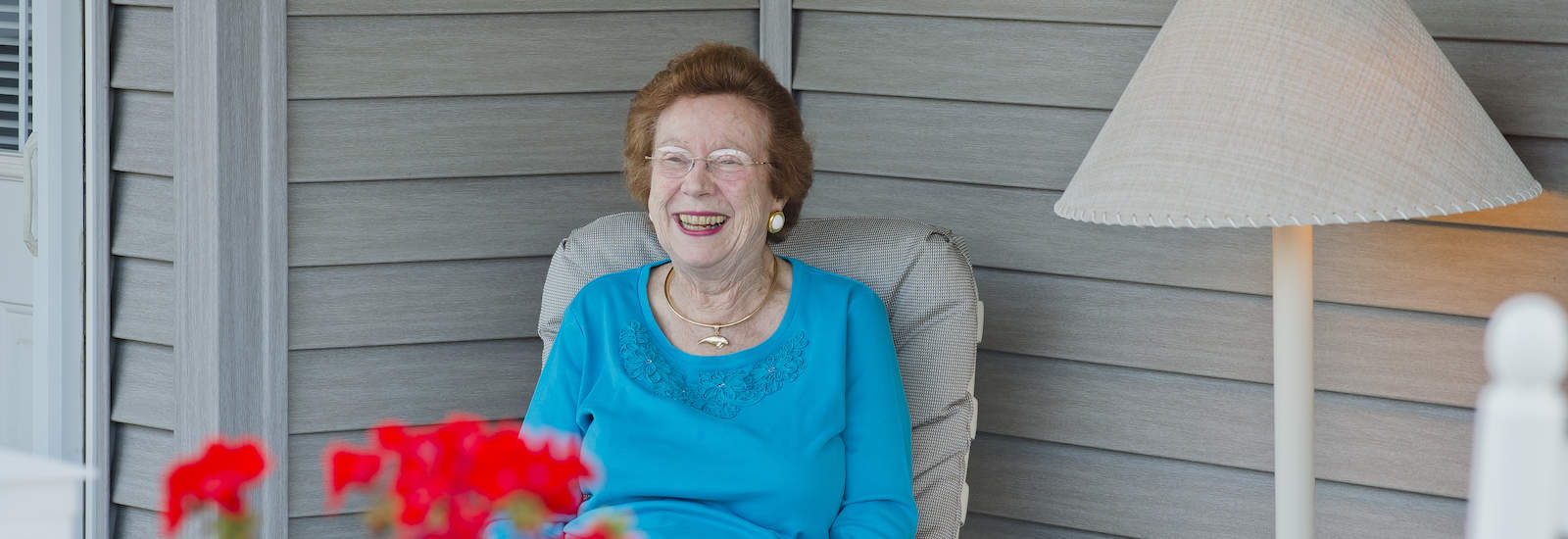How to Set Boundaries for Senior Caregivers
Set Boundaries for Senior Caregivers
Friends are golden—especially in our golden years. Today more and more seniors are offering a helping hand to other seniors, filling in for far-away family or for spouses who have passed away or have their own limitations. In couples whose partnerships have spanned decades, one spouse will often become the caregiver for the other.
This is one positive aspect of living in a continuing care retirement community or in a close-knit neighborhood. It can be joyful to share this kind of relationship as you grow older. But to ensure the health and well-being of both caregivers and those receiving care, there should be some guidelines established.
Most of these caregiving relationships evolve over time. A simple gesture, such as a ride to the grocery store or a visit, becomes routine. Caregivers may begin to feel exploited, in over their heads—or simply burned out.
How can you prevent this difficult situation before it begins?
- Start with a simple conversation to share vital information, talk about expectations, and put some rules in place.
- Exchange telephone numbers of family, physicians and other close friends.
- Don’t provide hands-on care. No lifting, carrying or assisting bed-ridden seniors. This can be dangerous for both of you.
- Limit your assistance to running errands, daily phone checks and simple companionship.
- If your friend feels ill, don’t play doctor. Call their physician and family to intervene.
- Problems with their living space? Serve as a liaison between your friend and the staff at their community or—if they live on their own—their family.
- Take time for respite. Schedule regular time for a weekend away, a visit with the grandchildren, or a day trip just for fun.
- Keep healthy. Exercise, eat a balanced diet, keep your regular doctor visits—and schedule “alone-time” every day.
- Keep your sense of humor! Laughter really is the best medicine.
What should you do if it all becomes overwhelming? There are resources to help.
- Join a support group for caregivers. Your local hospital is a good place to start. At Holy Cross Health, weekly support groups help caregivers cope with the strain of caring for a loved one.
- Seek help from professionals. If your friend or spouse needs more help than you can provide a Geriatric Care Manager may be the answer. These professionals can help connect you to important resources in your community—and provide counsel to the senior, who may be more receptive to their advice than their children’s. Your physician should be able to provide local resources.
- Still need help finding critical resources for seniors? Ask your city or county’s Department on Aging. These government agencies are connected to a large network of services for older adults and can point you in the right direction. You can find their contact information online or in your telephone directory.
Click here to learn about the Holy Cross Caregiver Resource Center, offering support groups, including one at the Gaithersburg Senior Center and a telephone call-in support group; educational classes; a caregivers resource library; a caregiver newsletter; the Medical Adult Day Center; and more.
Holy Cross Health Partners at Asbury Methodist Village provides primary care services for seniors living in the Gaithersburg region.




